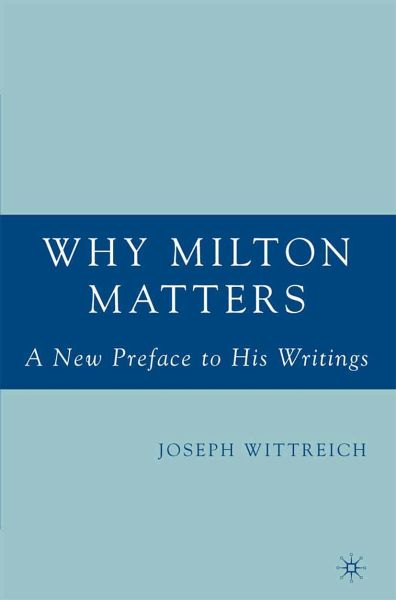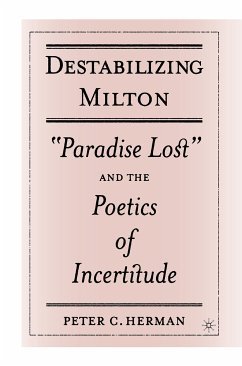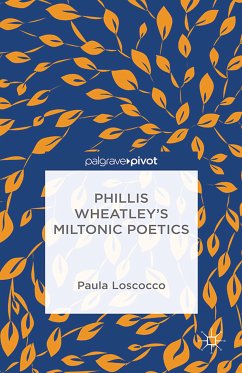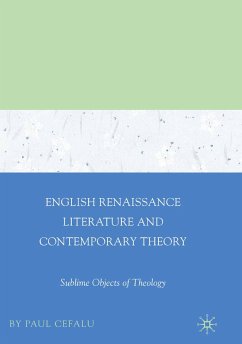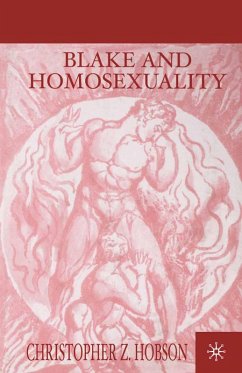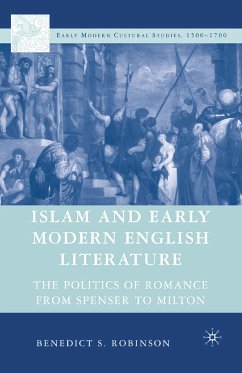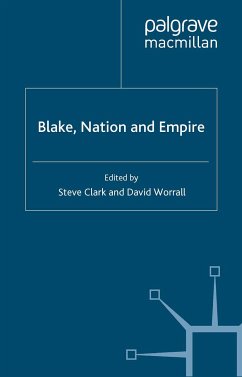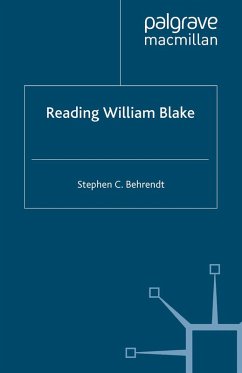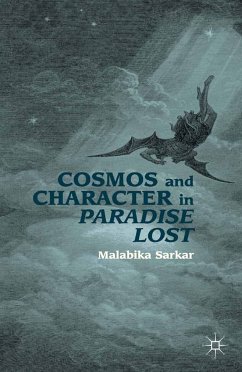'Wittreich's brilliant and richly learned analysis gives us a Milton who does indeed matter, a Milton whose ever-radical approach to politics and religion offers new perspectives on post-9/11 global dilemmas and new ways of thinking about good and evil, freedom and oppression. Particularly in the three great poems (Paradise Lost, Samson Agonistes, and Paradise Regain'd), Wittreich finds 'a compendium of rival interpretations' that invite a thoughtful re-consideration of the Bible and human history. He persuades us that these poems are 'apt companions as, confronting global hatreds and anger, we are haunted by images of hubris flaunted only to be followed by stunning defeat.' The moral dilemmas of Samson Agonistes, especially, are 'meant to
worry our humanity.' Magisterial in its knowledge of Milton's contexts and reception history, this book draws on seventeenth-century biblical commentary, recent literary theory, and a great deal in between to persuade us of a complex, provocative, and breathtakingly relevant Milton.' - Susanne Woods, Wheaton College
''Man,' said W. B. Yeats, 'can embody truth but he cannot know it.' What Wittreich shows, in this eloquent, passionate, and beautifully argued study, is that Milton's late poems - Paradise Lost, Paradise Regained, and Samson Agonistes - are unique in their embodiment of scenes of ideological, theological, and psychological conflict, a conflict that cannot, at least in our world, be resolved. What we learn from Milton, Wittreich shows, is that 'mind/body, head/heart dichotomies are no way of conceiving human relationships, only demonic ones.' In defying all easy answers and solutions - and hence open to myriad interpretations and exegeses - Milton emerges as THE necessary poet of the twenty-first century, the poet who can help his readers around the globe understand what it means to be human.' - Marjorie Perloff, Sadie Dernham Patek Professor Emerita of Humanities, Stanford University
'Wittreich's Why Milton Matters stands alone both as a radically unsettling reading of Milton's late works and as the most literarily illuminating instance to date of the new critical movement of the history of the early modern book. No aspect of the study of Milton is too small or too great for Wittreich's delightfully idiosyncratic analytic approach: everything from the typography of title pages and lists of emendations to the grandest and most often-quoted passages of Paradise Lost are made in this book to yield surprising and insightful new meanings.Taking his cue from the relentlessly questioning poet to whom he has devoted his distinguished career, Wittreich subjects to a relentless questioning our received notions of the author, the texts, and the monumental cultural institution that all circulate in the world of letters under the name of 'Milton.'' - John Rogers, Yale University
